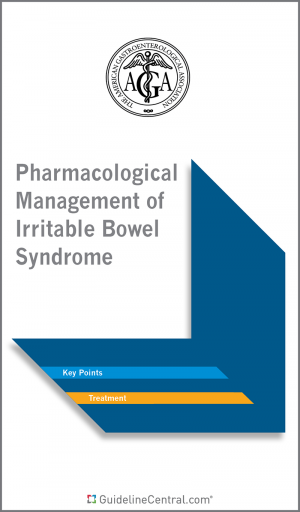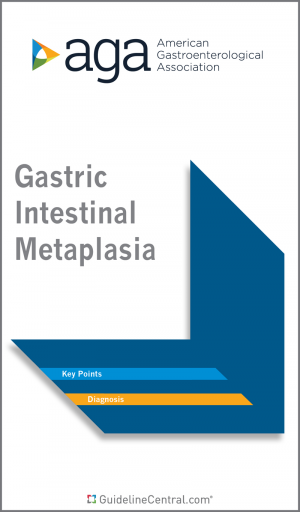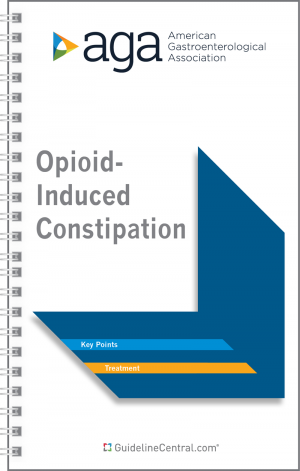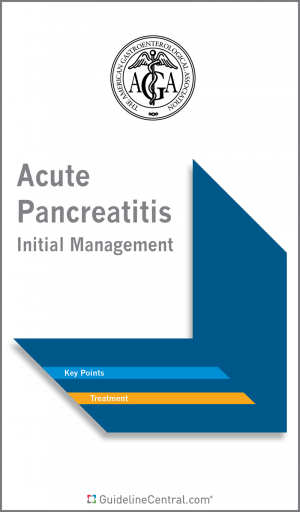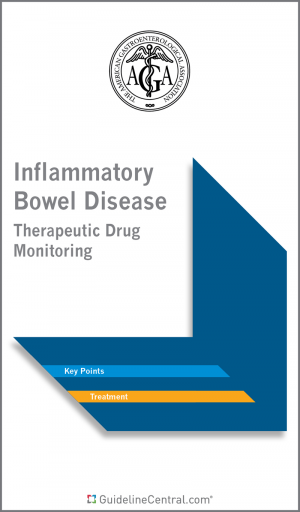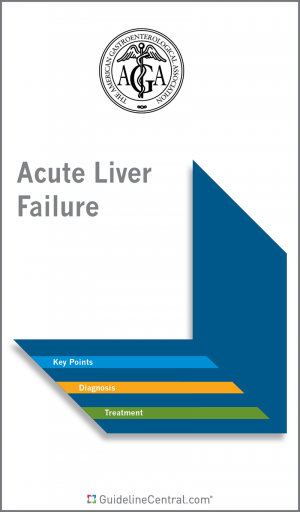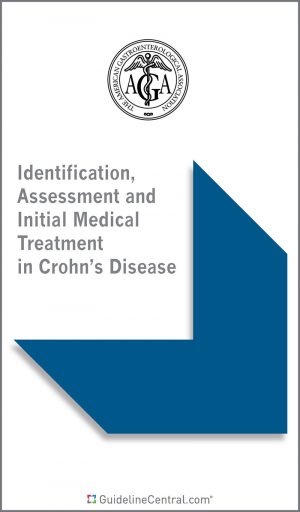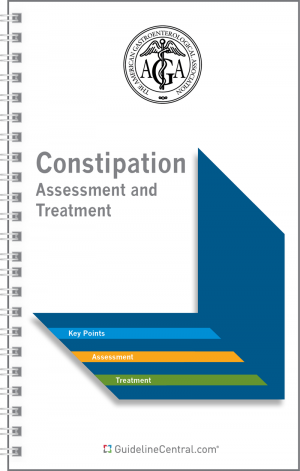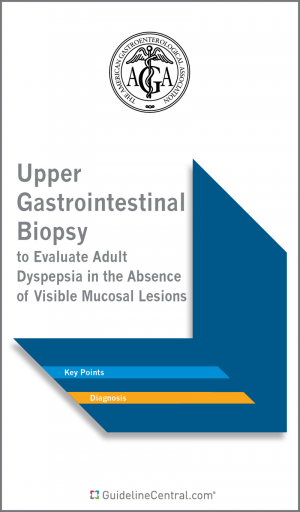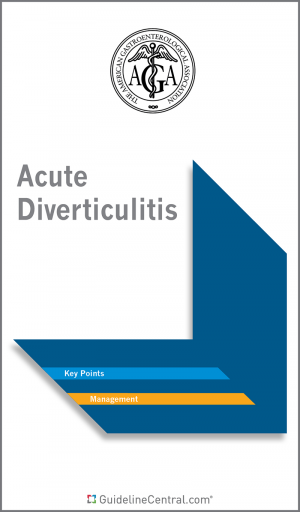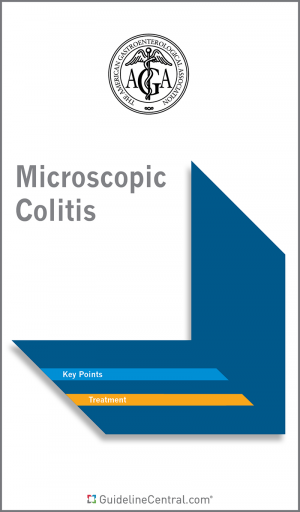Laboratory Evaluation of Functional Diarrhea and Diarrhea-Predominant Irritable Bowel Syndrome in Adults
- 4 pages
- Bifold
- 80# Aqueous Coating
- 4.25" x 7.25"
- Ships in 5 – 10 business days
- Key Points
- Table: Summary of Recommendations of AGA Clinical Guideline on the Laboratory Evaluation of Functional Diarrhea and Diarrhea-Predominant Irritable Bowel Syndrome in Adults
- Algorithm: Irritable Bowel Syndrome in Adults Clinical Decision Support Tool
- For purchases under 100 in quantity, we suggest placing the order directly through the website.
- We offer group/institutional licenses for multi-user accounts (discount amount varies depending on the number of users).
- We are proud to offer special discounts to medical schools, training programs, students and more.
- We offer bulk purchase discounts based on number of copies and number of titles.
Contact Us for more details
Description
This resource is for informational purposes only, intended as a quick-reference tool based on the cited source guideline(s), and should not be used as a substitute for the independent professional judgment of healthcare providers. Practice guidelines are unable to account for every individual variation among patients or take the place of clinician judgment, and the ultimate decision concerning the propriety of any course of conduct must be made by healthcare providers after consideration of each individual patient situation. Guideline Central does not endorse any specific guideline(s) or guideline recommendations and has not independently verified the accuracy hereof. Any use of this resource or any other Guideline Central resources is strictly voluntary.
You can also find this product included in this bundle!
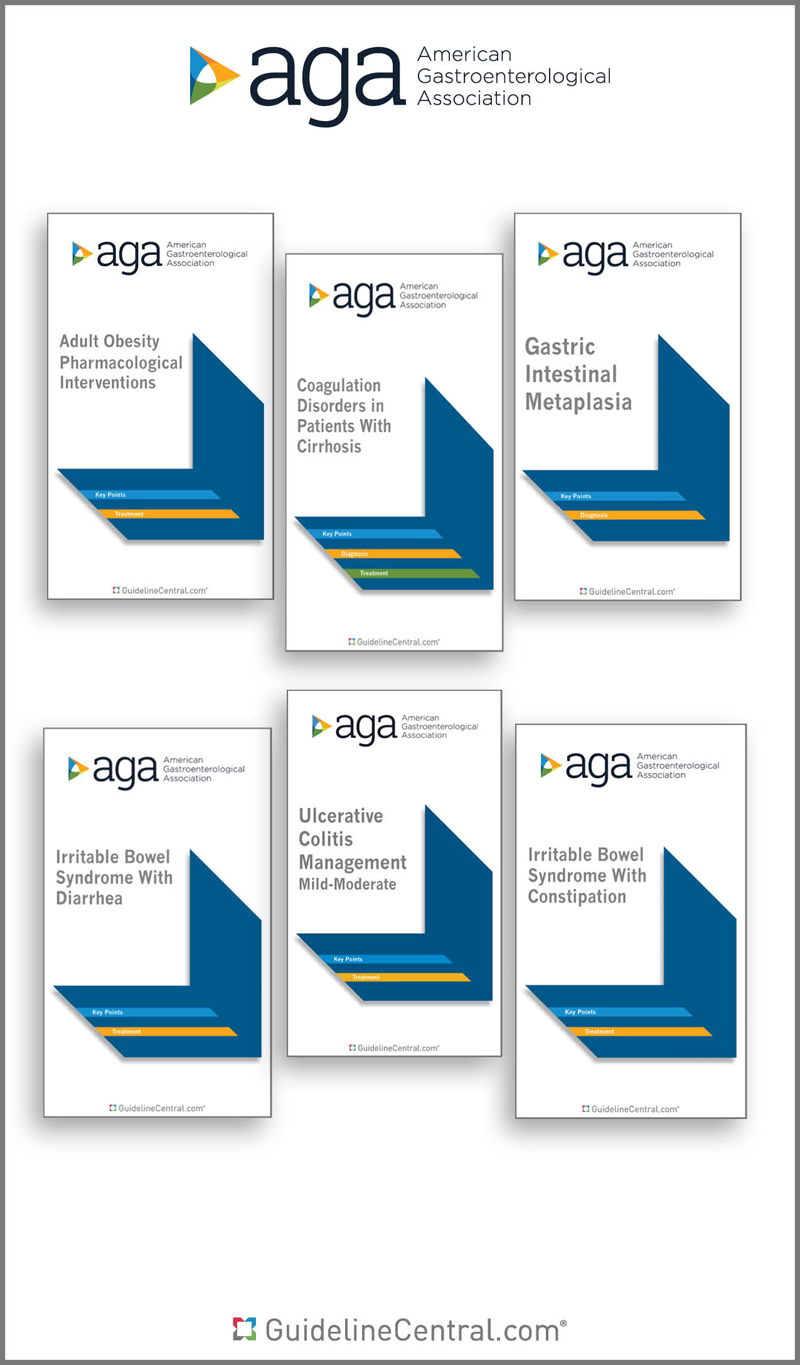
- Acute Diverticulitis
- Acute Liver Failure
- Acute Pancreatitis
- Adult Obesity — Pharmacological Interventions
- Asymptomatic Neoplastic Pancreatic Cysts
- Biomarkers in Ulcerative Colitis
- Bowel Cleansing
- Chronic Idiopathic Constipation
- Coagulation Disorders in Patients With Cirrhosis
- Colorectal Cancer Screening
- Constipation
- Elastography in the Evaluation of Liver Fibrosis
- Endoscopic Removal of Colorectal Lesions
- Gastric Intestinal Metaplasia
- Gastrointestinal Evaluation of Iron Deficiency Anemia
- Inflammatory Bowel Disease
- Irritable Bowel Syndrome With Constipation
- Irritable Bowel Syndrome With Diarrhea
- Laboratory Evaluation of Functional Diarrhea and Diarrhea-Predominant Irritable Bowel Syndrome in Adults
- Management of Crohn's Disease
- Management of Eosinophilic Esophagitis
- Microscopic Colitis
- Mild-Moderate Ulcerative Colitis Management
- Moderate to Severe Luminal and Fistulizing Crohn’s Disease
- Moderate to Severe Ulcerative Colitis
- Opioid-Induced Constipation
- Pharmacological Management of Irritable Bowel Syndrome
- Role of Probiotics in the Management of Gastrointestinal Disorders
- Systemic Therapy for Hepatocellular Carcinoma
- Upper Gastrointestinal Biopsy
Related Guidelines
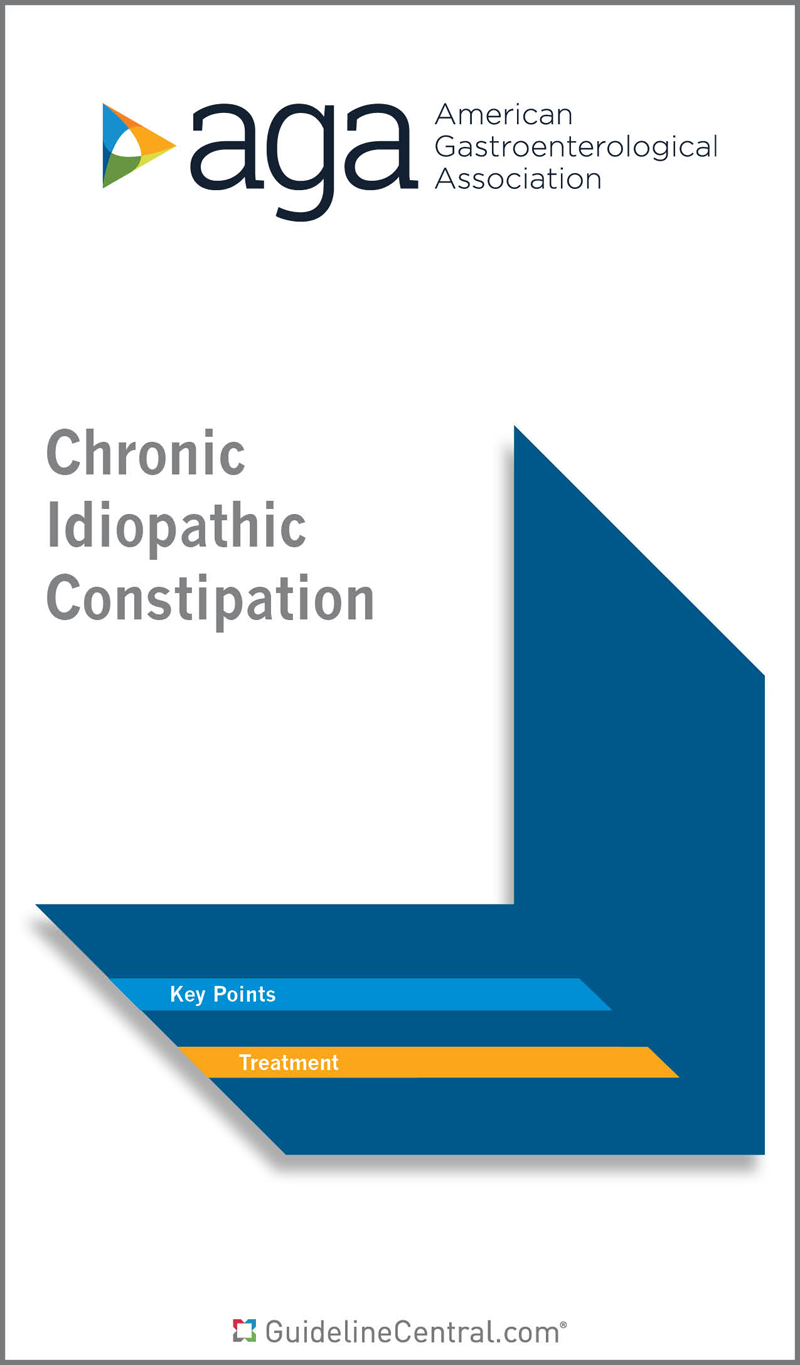
Chronic Idiopathic Constipation
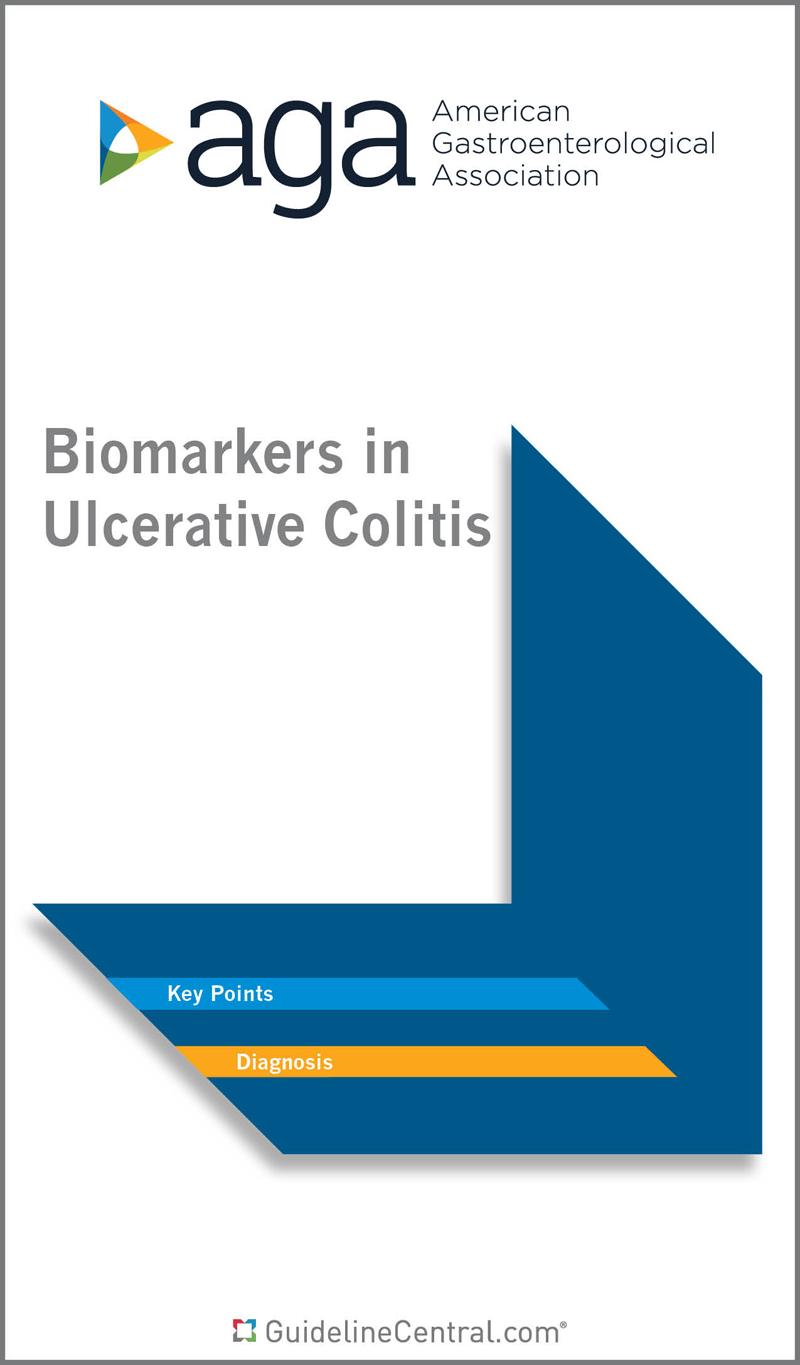
Biomarkers in Ulcerative Colitis
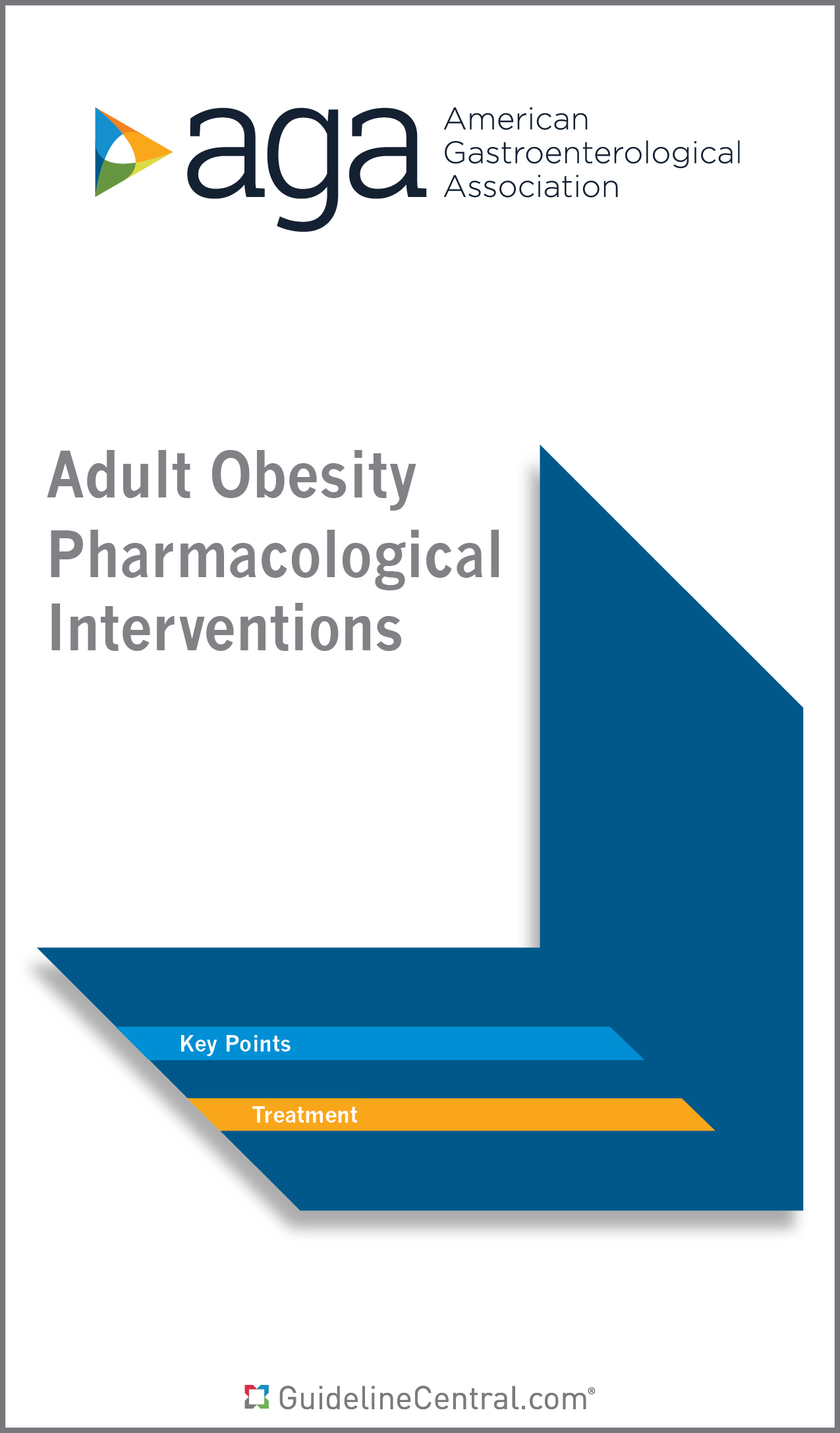
Adult Obesity — Pharmacological Interventions

Irritable Bowel Syndrome With Diarrhea
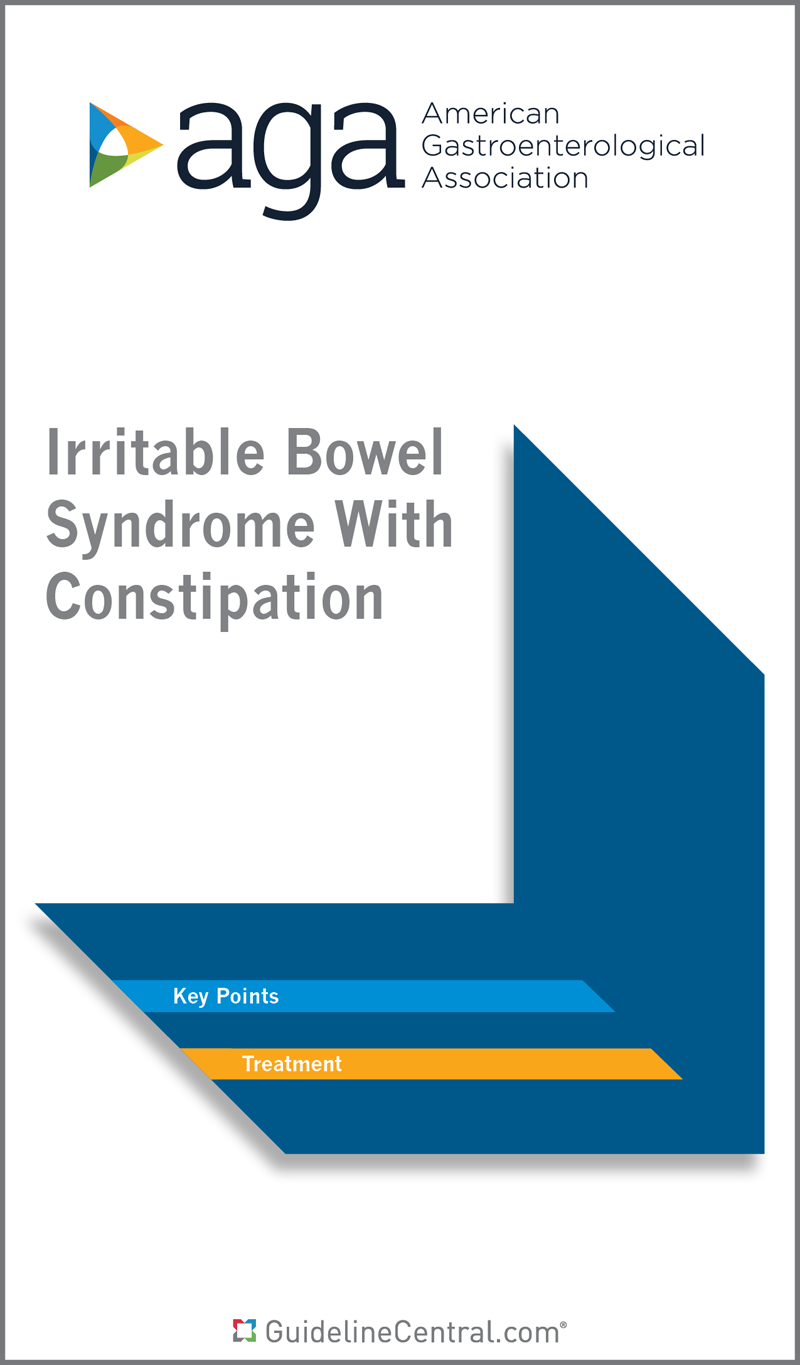
Irritable Bowel Syndrome With Constipation
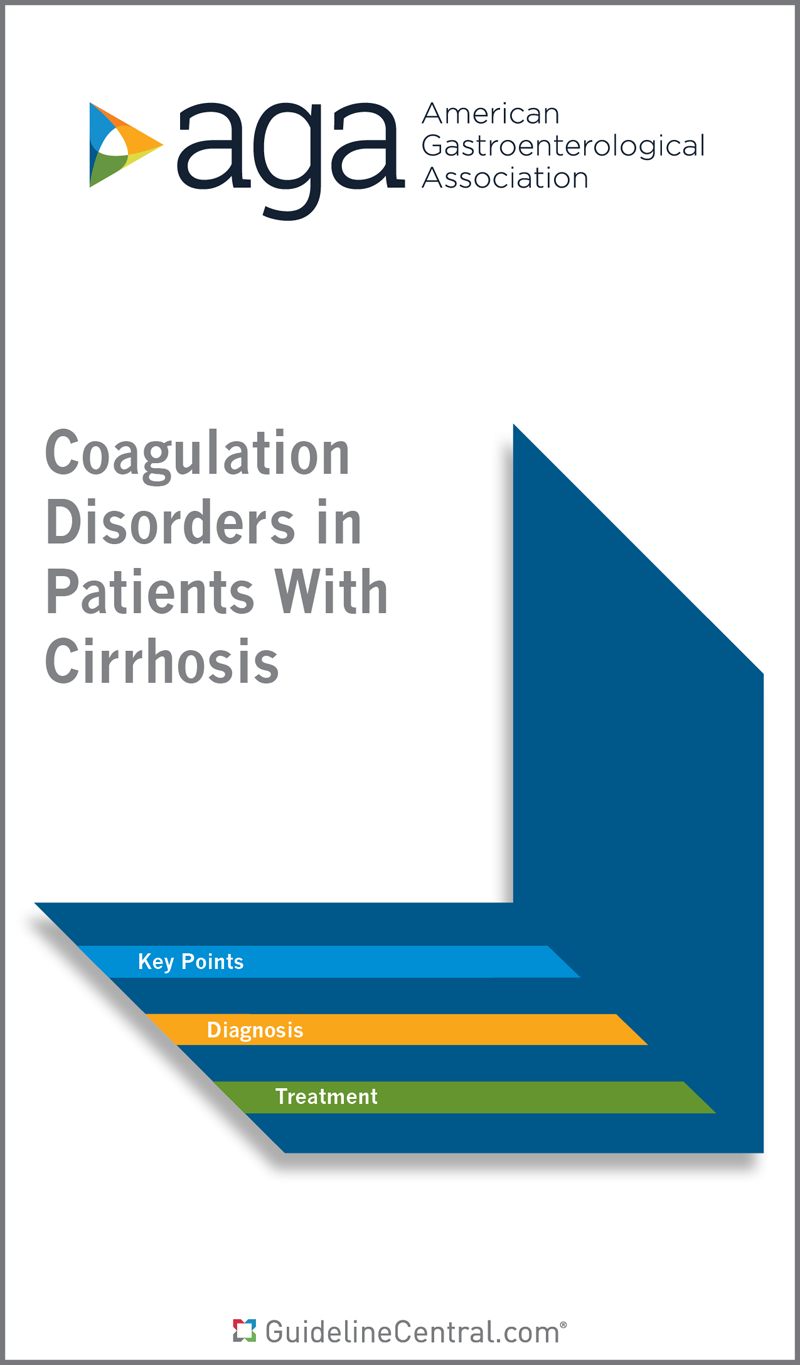
Coagulation Disorders in Patients With Cirrhosis
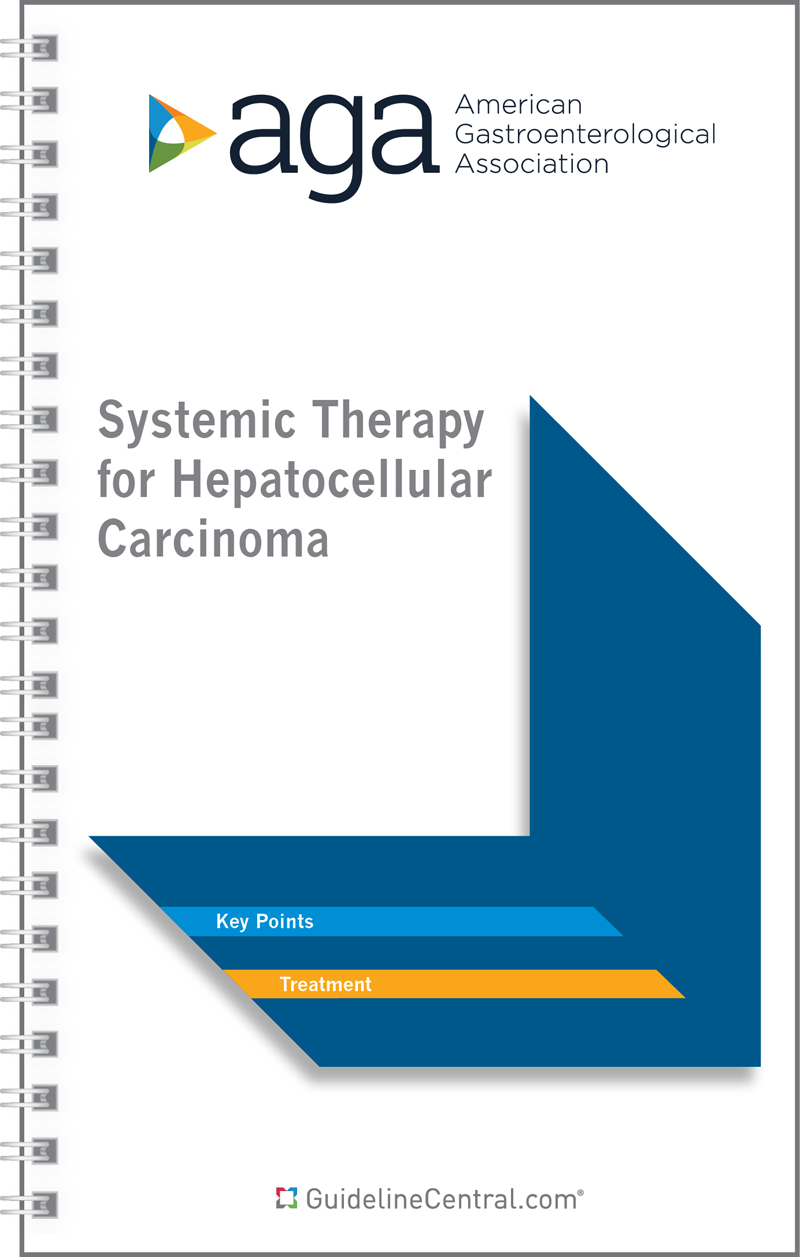
Systemic Therapy for Hepatocellular Carcinoma
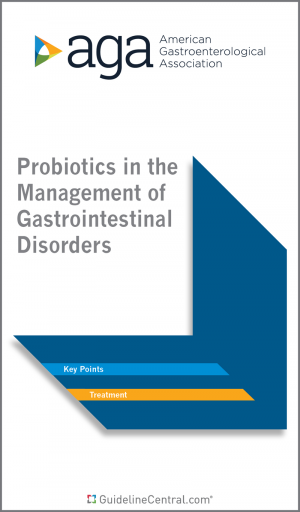
Role of Probiotics in the Management of Gastrointestinal Disorders
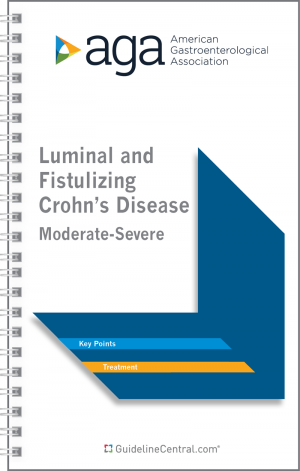
Moderate to Severe Luminal and Fistulizing Crohn’s Disease
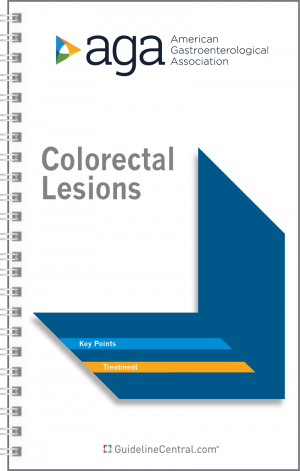
Endoscopic Removal of Colorectal Lesions
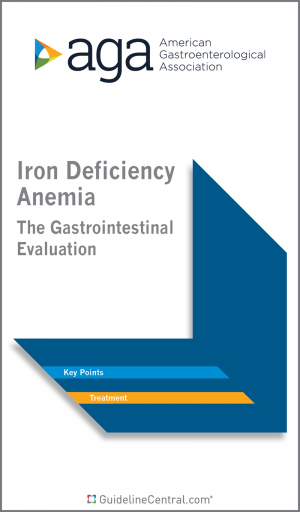
Gastrointestinal Evaluation of Iron Deficiency Anemia
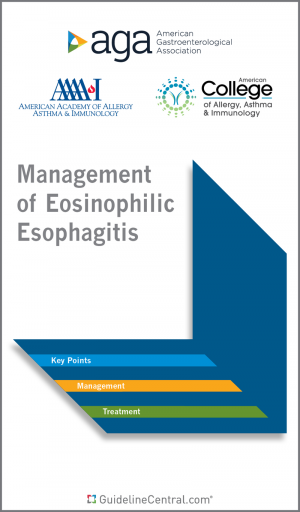
Management of Eosinophilic Esophagitis
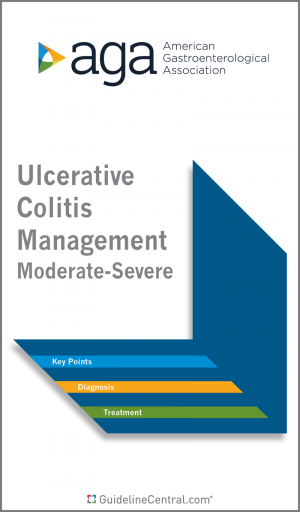
Moderate to Severe Ulcerative Colitis
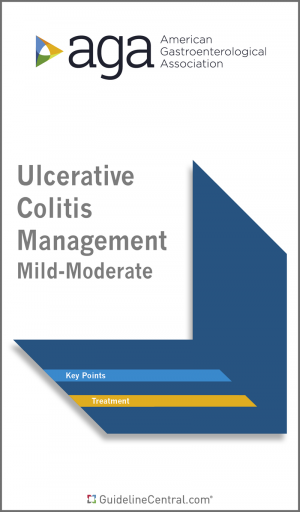
Mild-Moderate Ulcerative Colitis Management
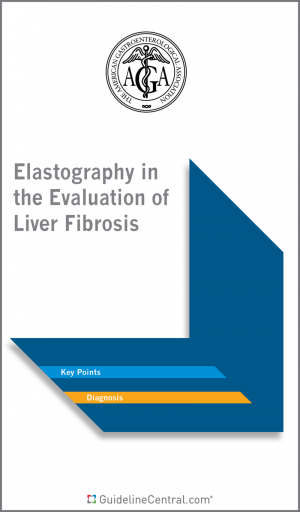
Elastography in the Evaluation of Liver Fibrosis
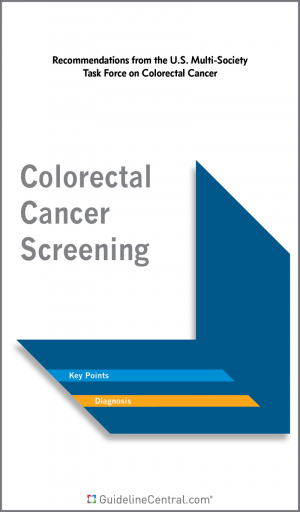
Colorectal Cancer Screening
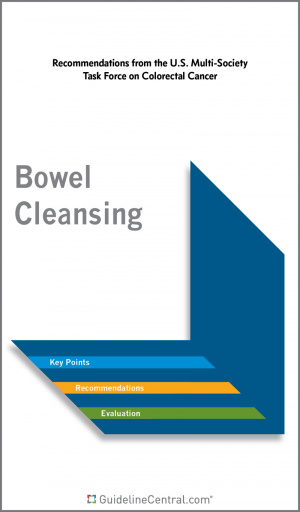
Bowel Cleansing
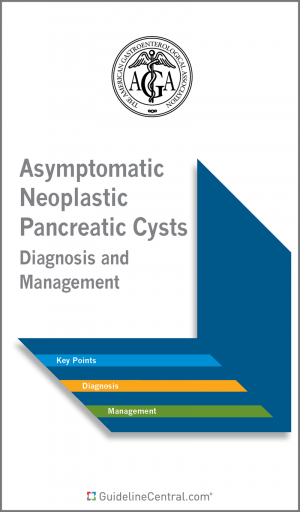
Asymptomatic Neoplastic Pancreatic Cysts
